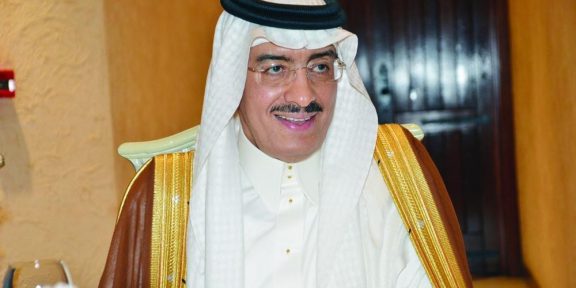The session was attended by leaders of countries and regions, heads of Russian and African organisations directly related to food security in Africa: Emmerson Mnangagwa, President of the Republic of Zimbabwe, Kassim Majaliwa Majaliwa, Prime Minister of the United Republic of Tanzania, Nikita Gusakov, Director General of EXIAR and Senior Vice President of the Russian Export Center, Salis Karakotov, Academician of the Russian Academy of Sciences, Dmitry Makhonin, Governor of the Perm Region, Mohamed Heouaine, Chairman of the Board of Directors of the Arab Fertiliser Association (AFA), Mikhail Yurin, Deputy Minister of Industry and Trade of the Russian Federation, and Dmitry Konyaev, Uralchem CEO.
The moderator was Irina Abramova, Director of the Institute of Africa of the Russian Academy of Sciences.
The session identified the main challenges constraining the development of agriculture in African countries. In addition, specific solutions and cooperation formats were proposed using Russian supplies and technologies that can ensure food security of the African continent.
Dmitry Konyaev, Uralchem CEO:
Africa has enormous potential in terms of agricultural development and growth in fertiliser consumption. Today, about 20 kg of fertilisers are applied per hectare in the Sub-Saharan African countries, but in the foreseeable future this figure may rise to 100-150 kg, which could radically solve the problem of food shortages on the continent. The so-called ‘green revolution’ — a radical transformation of agriculture, which took place in many countries of the world in the second half of the twentieth century, will come to Africa at a completely new technological level for agrarian science.
We are ready to be part of this process and contribute to the development of the continent’s agricultural sector, including through the creation of joint ventures for distribution in local markets and the transfer of modern technologies. Together with African governments, we can build a new large market for fertiliser consumption and solve the problem of hunger in Africa once and for all.
![]()







